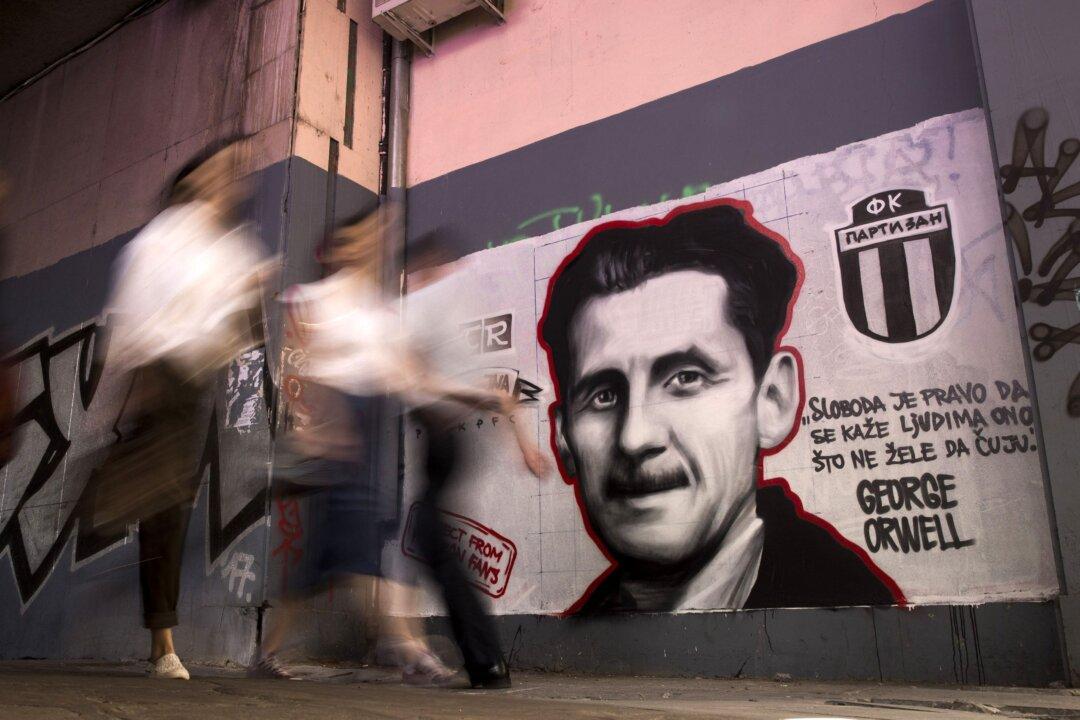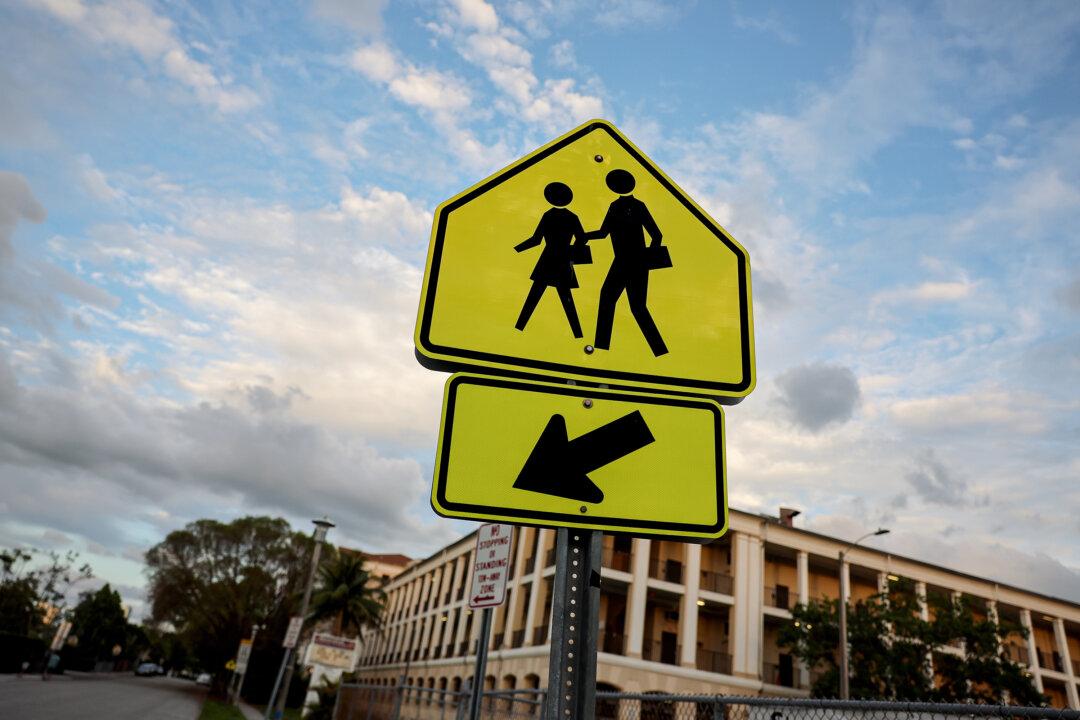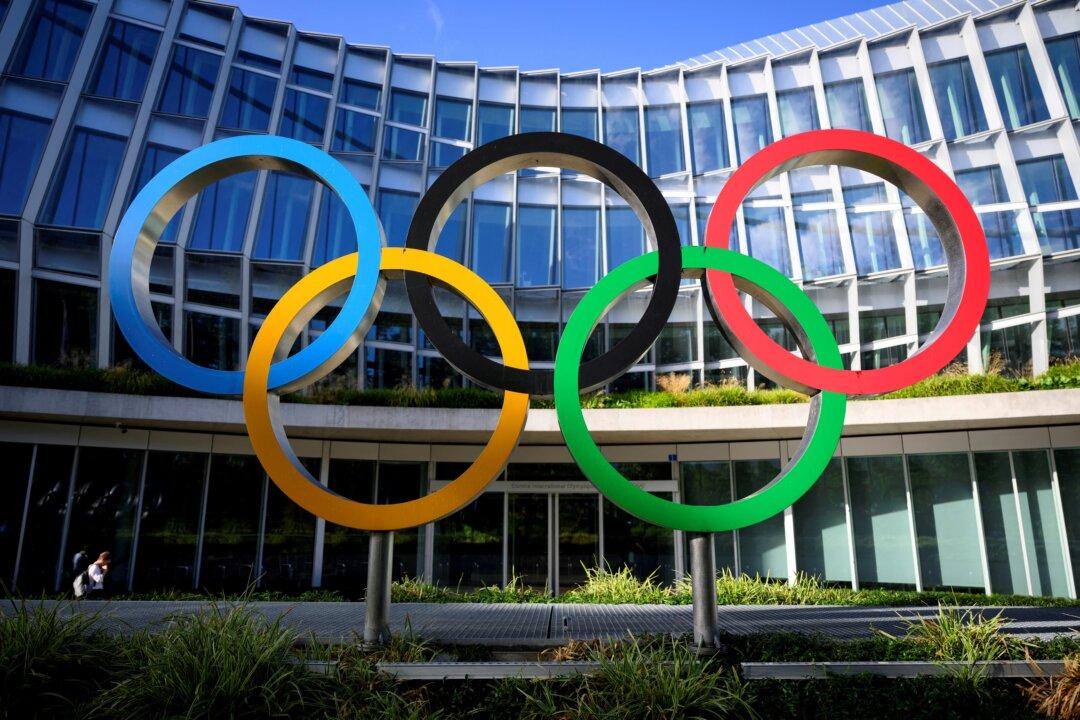The Greater Essex County District School Board in the Windsor, Ont., area is supplanting its grade 11 literature curriculum, which up to now has featured great writers of the western canon such as Shakespeare and George Orwell, with a year-long program of Indigenous writers. The change has already been effected in eight of the district’s 15 schools.
In the Peel district as well, I am informed by a reader, the same transformation is in progress. It would be naïve to assume that these schools will remain anomalies for long. The “disappearing” of dead white European male writers, however magnificent their achievements, may well be normalized across Canada before long.





